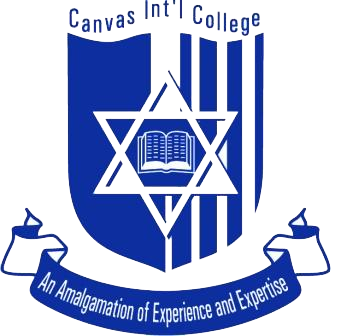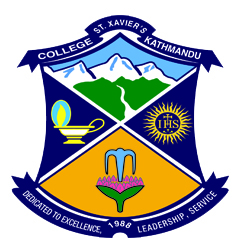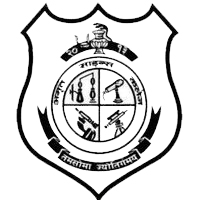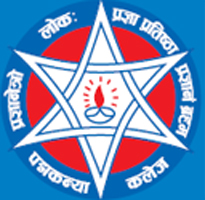Overview
B.Sc. Environmental Science at GoldenGate International College, Battisputali, Kathmandu
B.Sc. Environmental Science at GoldenGate International College, Battisputali–Old Baneshwor, Kathmandu, follows the Tribhuvan University framework for a four-year science degree.
The course studies ecosystems, pollution indicators, climate and weather patterns, environmental policy basics, and data skills such as GIS and statistics.
Your learning connects lectures, field sampling, and laboratory analysis so you can read real measurements and present clear findings. Students study on campus at GoldenGate while assessments follow Tribhuvan University rules.
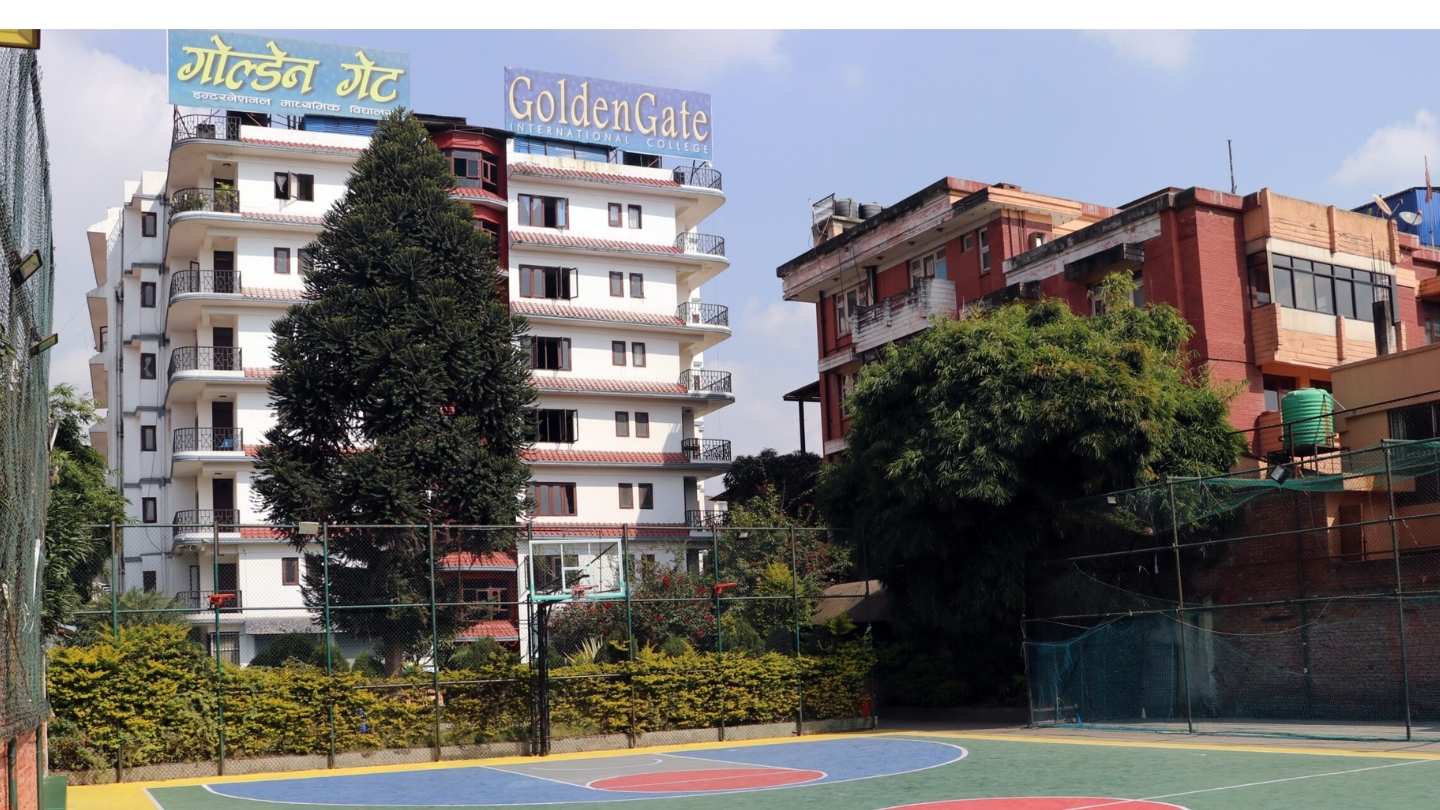
Highlights
Affiliation: Tribhuvan University (B.Sc. structure)
Duration: 4 years (8 semesters)
Academic Area: Ecology, environmental chemistry, hydrology, climatology, GIS/remote sensing basics, environmental law and policy foundations
Location: Battisputali, Kathmandu
Evaluation: Internal tests and practical records; TU theory and practical boards
Learning Support: Science laboratories, field tools, library access, e-learning notices
Curriculum Details
Early semesters cover ecology, biodiversity, geology, climatology, and environmental chemistry. Students learn sampling plans, field note formats, and simple statistics. Practical sessions train you to handle water and soil samples, prepare reagents, and log observations without gaps.
Middle semesters extend to hydrology, watershed concepts, pollution sources, environmental microbiology, and GIS basics. Map reading and coordinate systems appear through hands-on exercises. Field visits help you relate topography, land use, and water bodies to quality results.
Final semesters focus on impact assessment concepts, environmental management tools, compliance language, and short project work. Students learn to trace a problem from sampling to reporting. Capstone work strengthens the habit of writing concise methods, results, discussion, and referenced conclusions.
Objectives
-
Scientific Base: Build an integrated view of ecological function, chemical indicators, and weather dynamics.
-
Field Competence: Apply standard procedures for site selection, sample handling, and data logging.
-
Data Skills: Use spreadsheets, basic statistics, and introductory GIS to convert raw notes into readable outputs.
-
Reporting: Prepare clear tables, maps, and short narratives that support decisions in local contexts.
Scope
Graduates enter roles that involve environmental data collection, basic analysis, and documentation for projects in water supply, sanitation, agriculture, conservation, and infrastructure. Many students continue to master’s study in Environmental Science or related areas when they meet entry criteria. A four-year B.Sc. record with solid practical notebooks often supports competitive applications.
Learning Outcomes
-
Systems Thinking: Explain how land, water, air, and biota interact and respond to stressors.
-
Indicator Literacy: Interpret common indicators such as pH, turbidity, BOD/COD concepts, nutrients, and coliform counts.
-
Spatial Awareness: Read maps, work with coordinates, and produce simple GIS layers for reports.
-
Assessment Habit: Draft screening-level notes and scoping checklists for small assignments under supervision.
-
Communication: Present findings in short talks and answer questions based on field notes and lab sheets.
Skill Development Modules
-
Field Techniques: Transects, quadrats, water and soil sampling, GPS use, and site sketching.
-
Lab Techniques: Filtration, titration, colorimetry basics, microbial indicator tests, and QA/QC logs.
-
GIS Basics: Coordinate systems, georeferencing practice, and simple overlay tasks.
-
Data Handling: Spreadsheet cleaning, descriptive statistics, charting, and error discussion.
-
Writing and Presentation: Field diaries, reference lists, poster sessions, and seminar slides.
Teaching Methodology
Teaching combines lecture–discussion, labs, and guided field work. Faculty schedule local visits within the academic calendar. Internal assessment includes class tests, lab records, field reports, and presentations. Final evaluation follows Tribhuvan University’s structure for theory and practical boards.
Admission Requirements
Eligibility: 10+2 Science or equivalent background that meets the program threshold
Entrance: B.Sc. entrance process as announced for the intake
Selection: Merit-based lists, document checks, and seat confirmation within deadlines
Documents: Mark sheets, character certificate, recent photos, identification, and equivalence if applicable
Advisory: Students from other boards complete equivalence procedures before admission
Career Opportunities
Typical Roles: Environmental field assistant, sampling technician, GIS trainee, lab assistant, documentation support
Work Settings: Consulting firms, community water projects, NGOs/INGOs, laboratories that accept B.Sc. Environmental Science, conservation initiatives, and local bodies
Progression: Master’s study in Environmental Science or allied programs, subject to entrance rules
Scholarships and Financial Aid
Categories: Merit by results, entrance performance, inclusion categories, community-school background, and recognized ECA/sports
Renewal: Performance-based continuation each year as per program rules
Tip: Organize certificates early and track scholarship deadlines on official notices
Why Choose This Course?
Balanced Training: Classroom theory, field sampling, and lab analysis build a steady skills stack.
Practical Files: Field diaries and lab notebooks become proof of learning for internships and interviews.
City Access: Kathmandu location supports visits, seminars, and resource access during the semester.
Next Steps: A four-year B.Sc. base supports master’s applications and entry-level environmental roles.
Conclusion
B.Sc. Environmental Science at GoldenGate International College helps you study living systems and measurable indicators in a structured way. Students learn to plan a site visit, run standard tests, map patterns, and report results clearly. Careful recordkeeping and regular study habits make a visible difference by the final year.
FAQ
Is the program four years long?
Yes. The B.Sc. structure runs for four years.
Do I need an entrance test?
Yes. Applicants follow the B.Sc. entrance process announced for the intake.
What practicals should I expect?
Water and soil analysis, indicator tests, microbial checks, GIS basics, and short project work.
Can I continue to a master’s degree?
Yes. Graduates apply for relevant master’s programs when they meet eligibility and entrance criteria.
Where do graduates usually work?
Field and lab support roles in environmental projects, consulting, laboratories, and community water programs.


